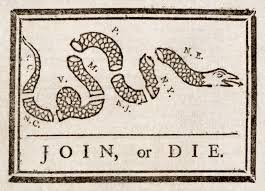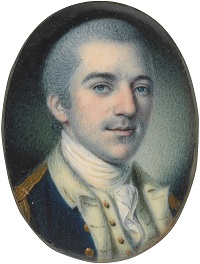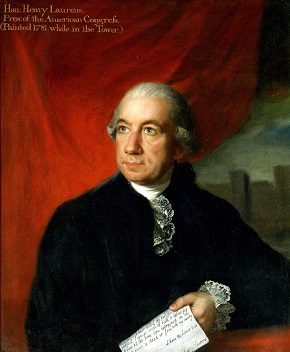Provisions are Scarce
During the early stages of the occupation, the price of food in Philadelphia became exorbitant, certainly way beyond the means of the poor. Horse meat was being sold on the streets. Most items of food were selling at several times the normal price. John Fanning Watson's Annals of Philadelphia details the food shortages and increased prices. Potatoes were selling at 16 shillings per bushel and beef 7 shillings 6 d. per pound. A single chicken at 10 shillings. Some vendors would accept payment in gold only. American Colonel John Laurens, writing on November 7, 1777 reported, "There have been several women from Philadelphia, within two days past, who have applied for leave to pass into the country, declaring that unless this indulgence is granted they must inevitably starve."
Laurens should not be confused with his father, Henry Laurens, though he sometimes is. While John was a soldier serving in the continental army, rising as high as colonel, his father was a politiican. Henry Laurens was a delegate to the Second Continental Congress, and succeeded John Hancock as President of that body. He differed from his son in another significant respect: Henry got rich as a slave trader, and was one of the founding partners of one of the largest slave-trading houses in North America, Austin and Laurens. His son was an outspoken opponent of slavery, and proposed freeing slaves to fight in the Continental army. John Laurens' heroism and anti-slavery sentiments are depicted positively in the smash broadway hit Hamilton.





